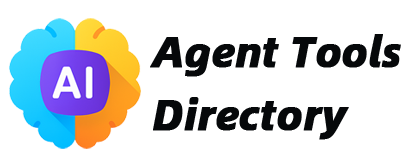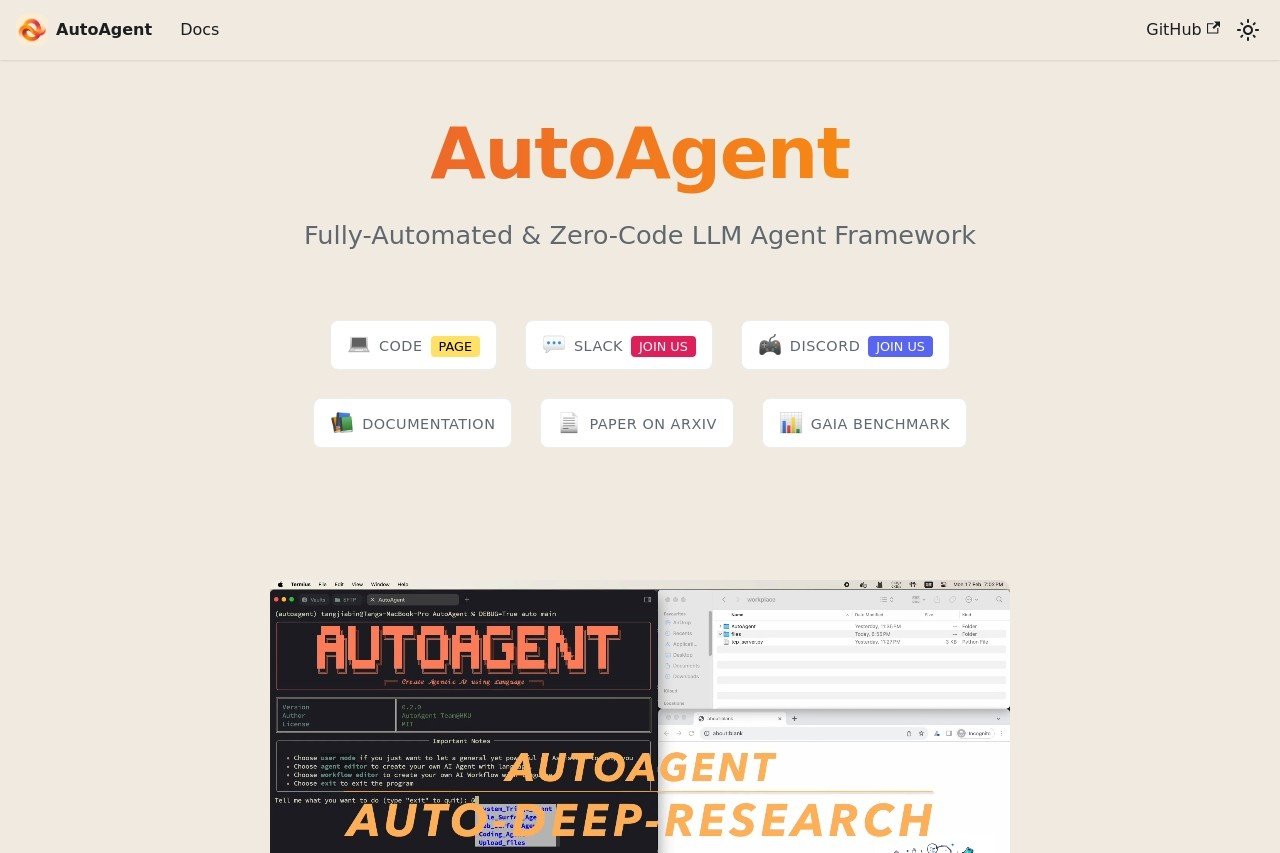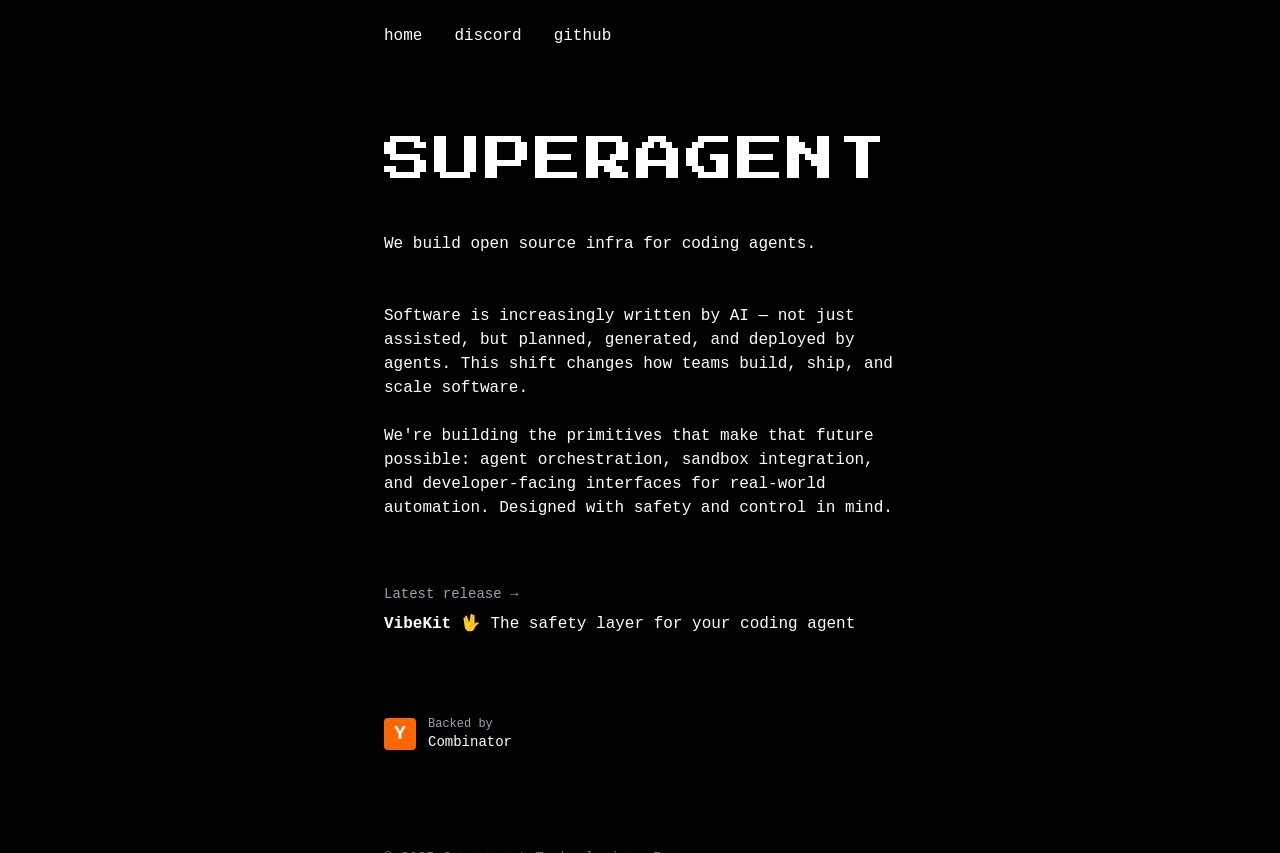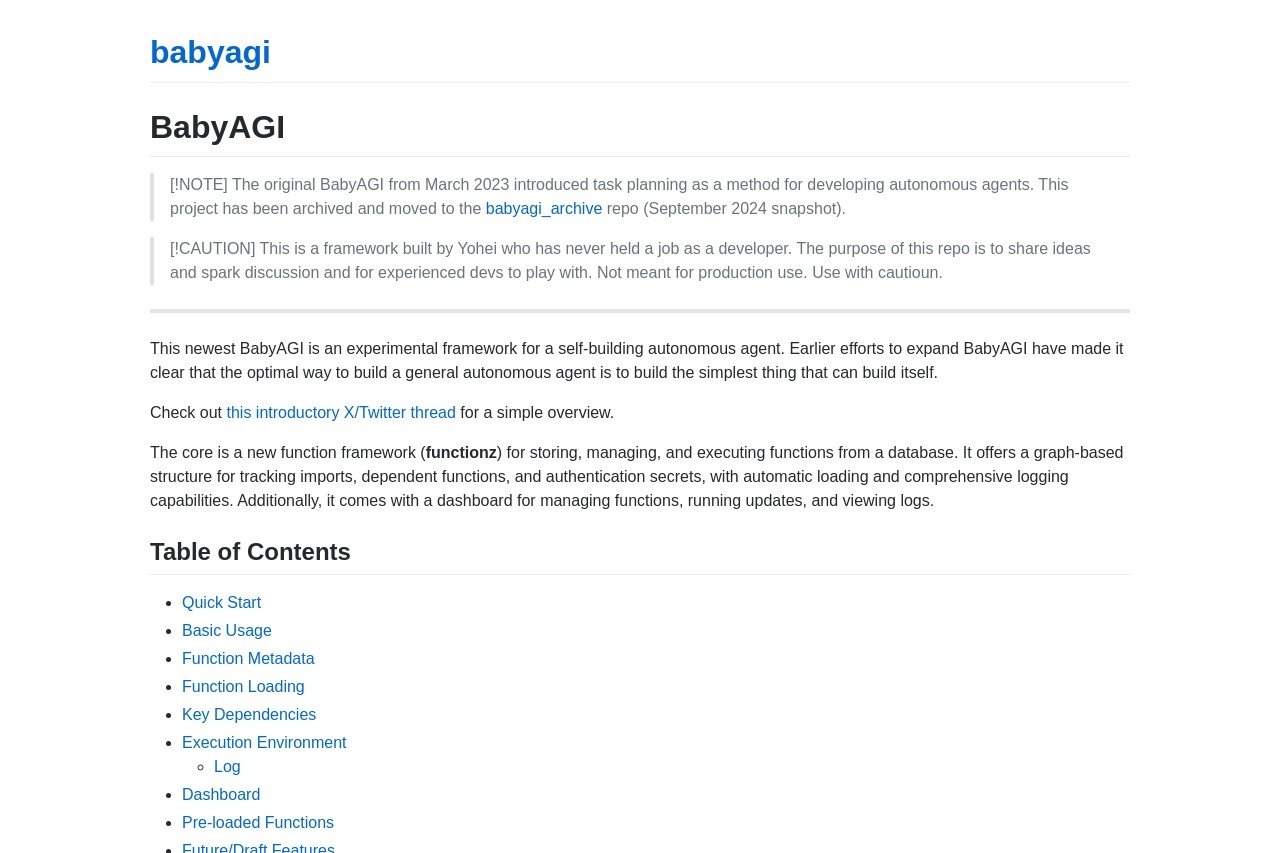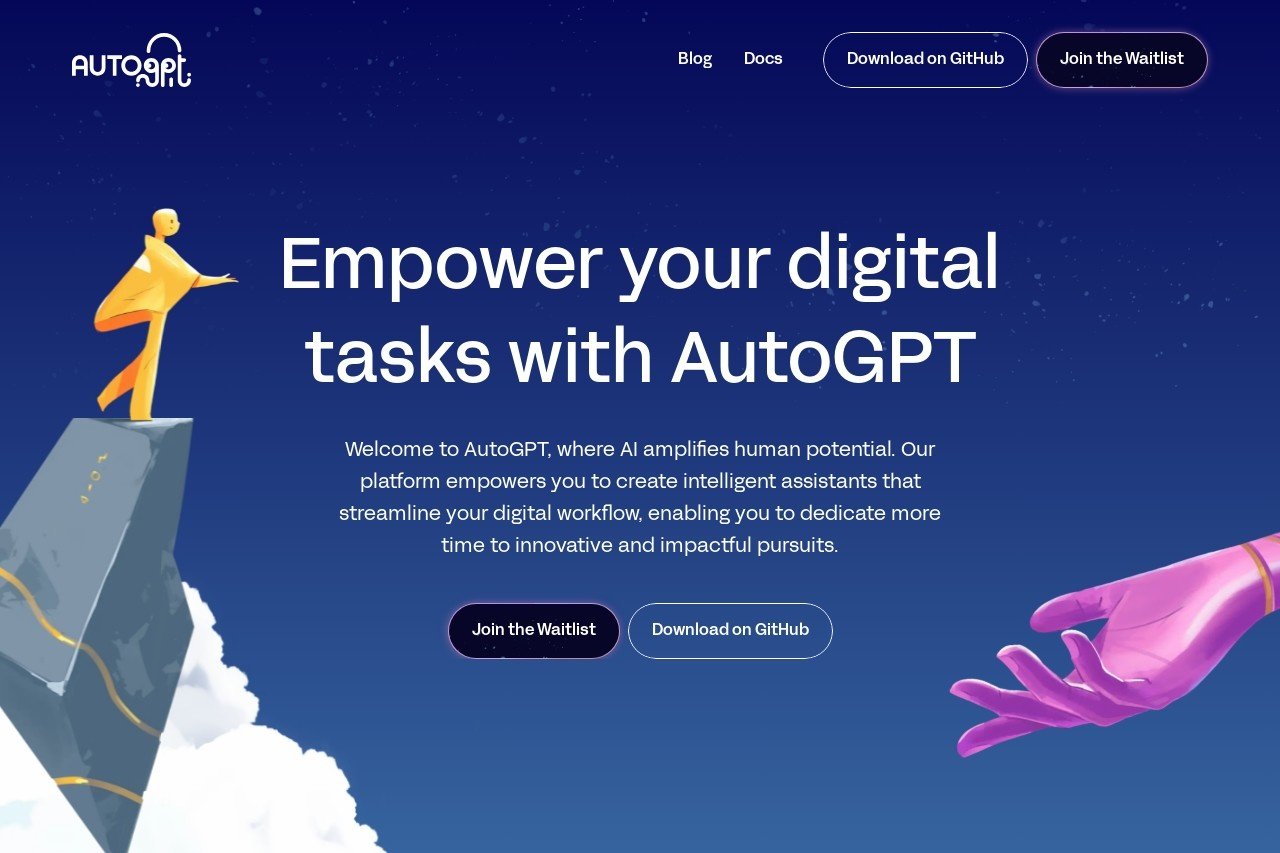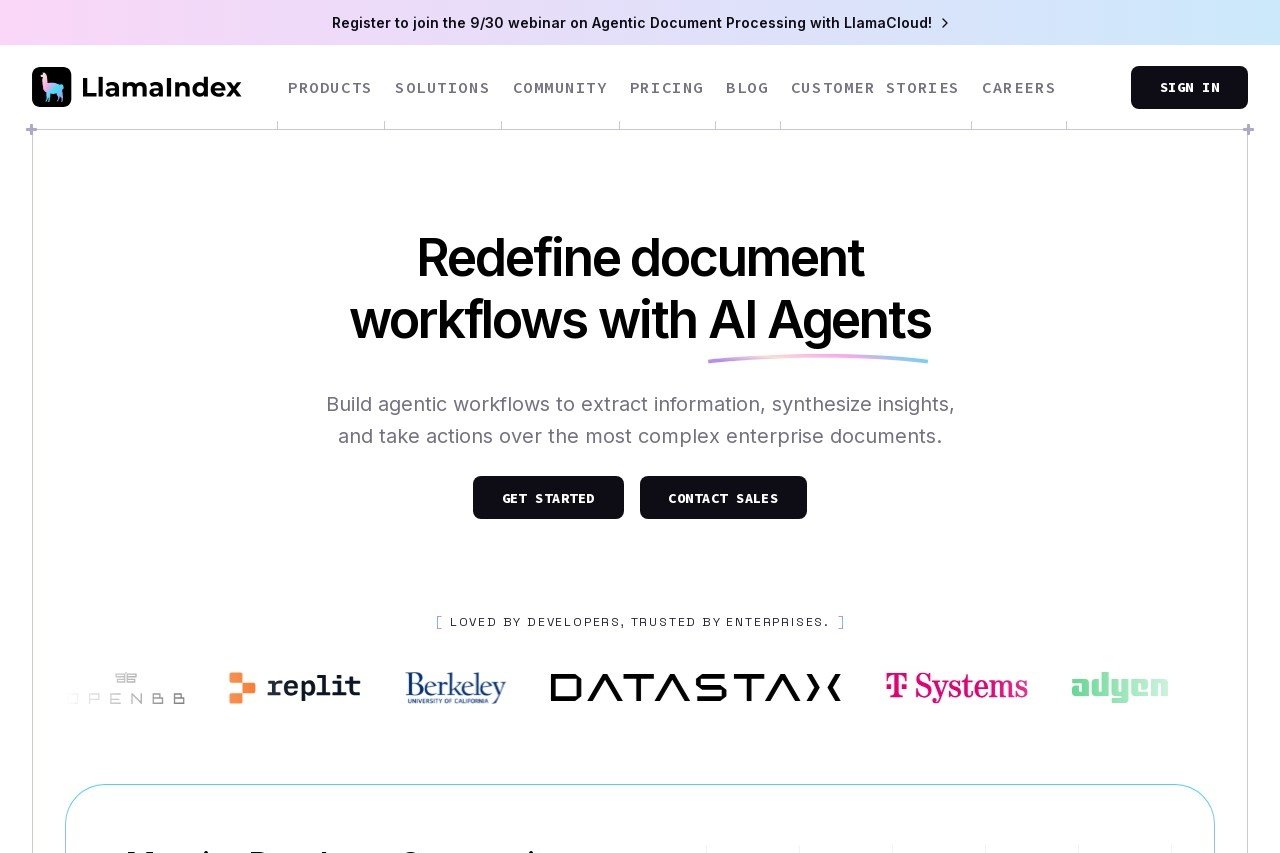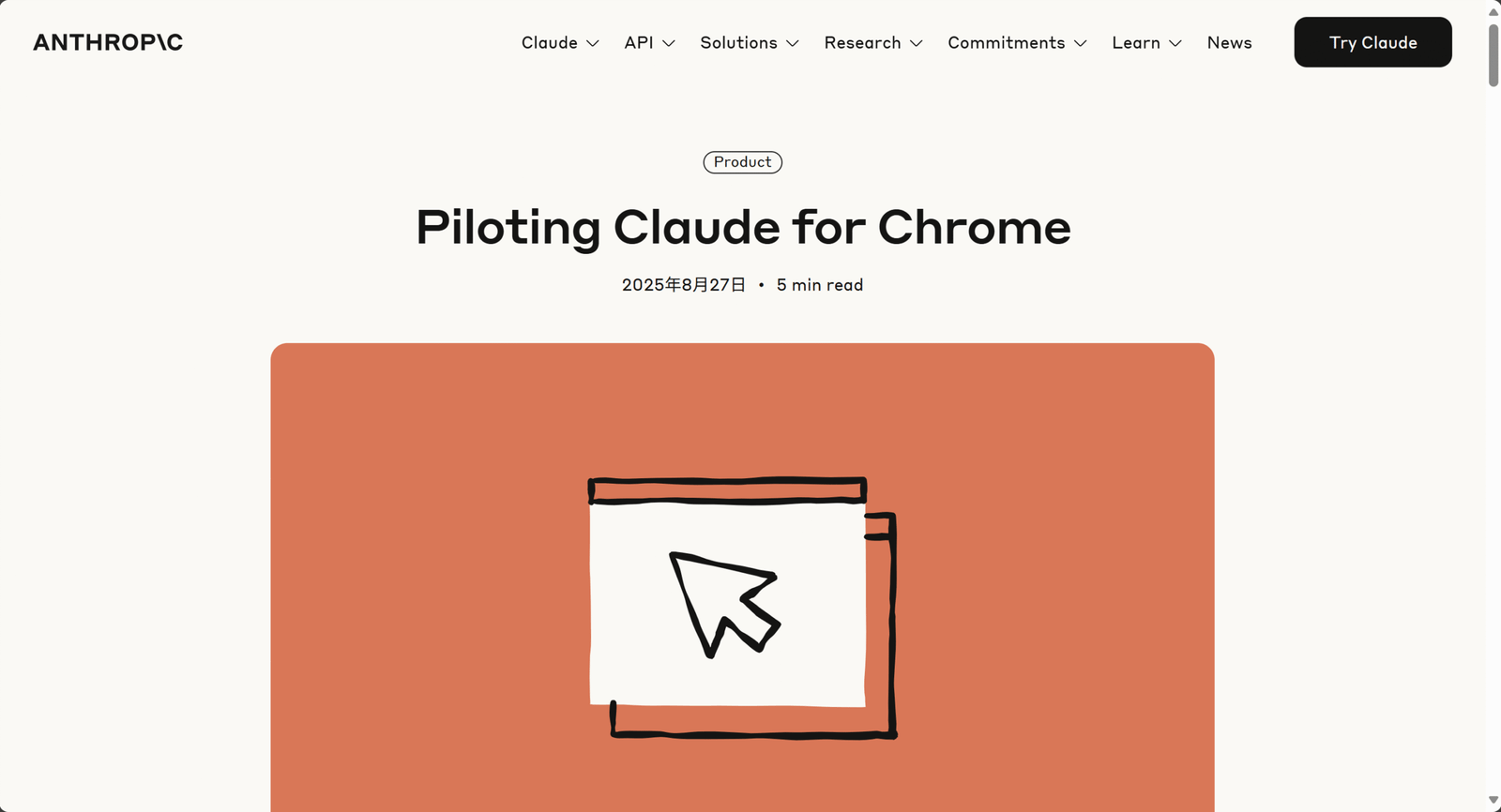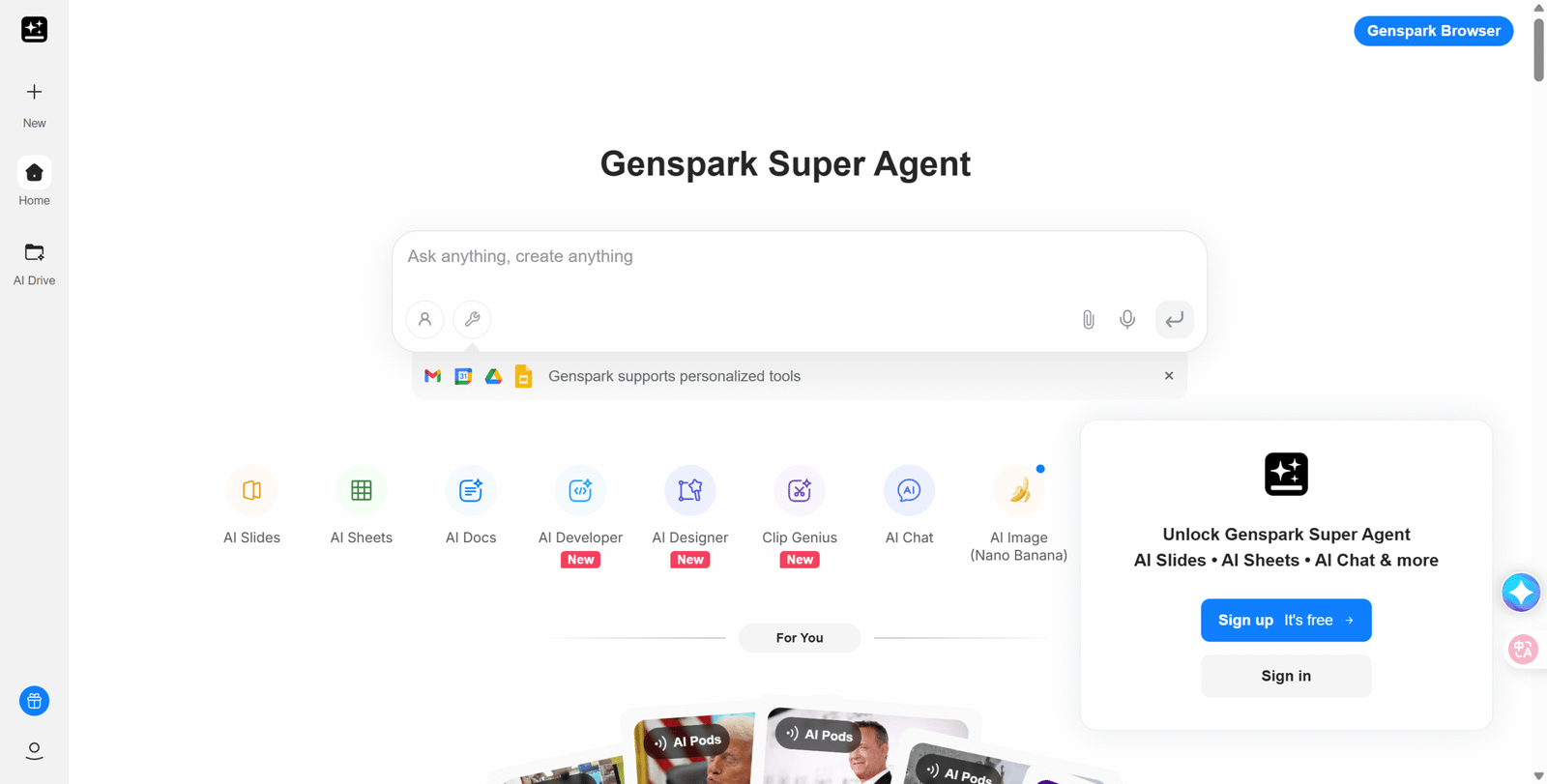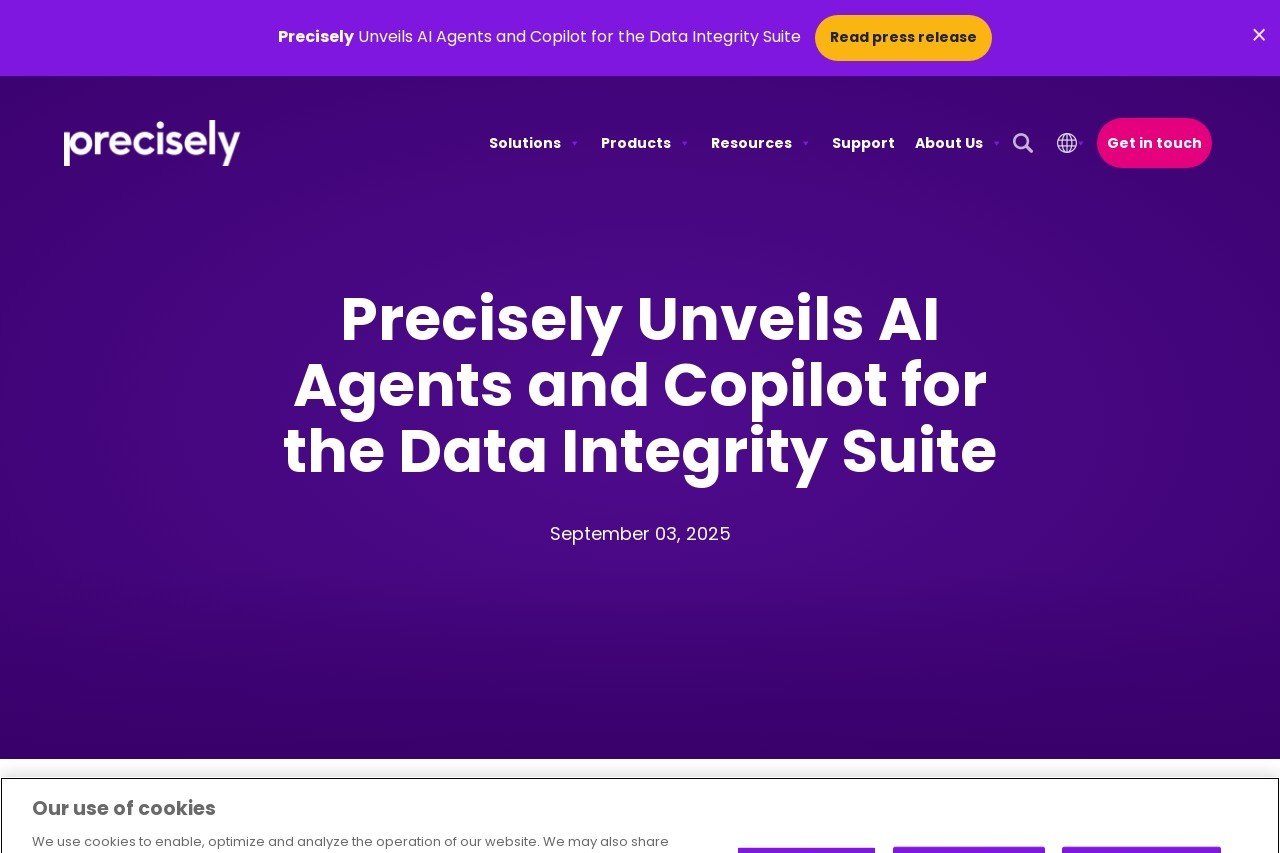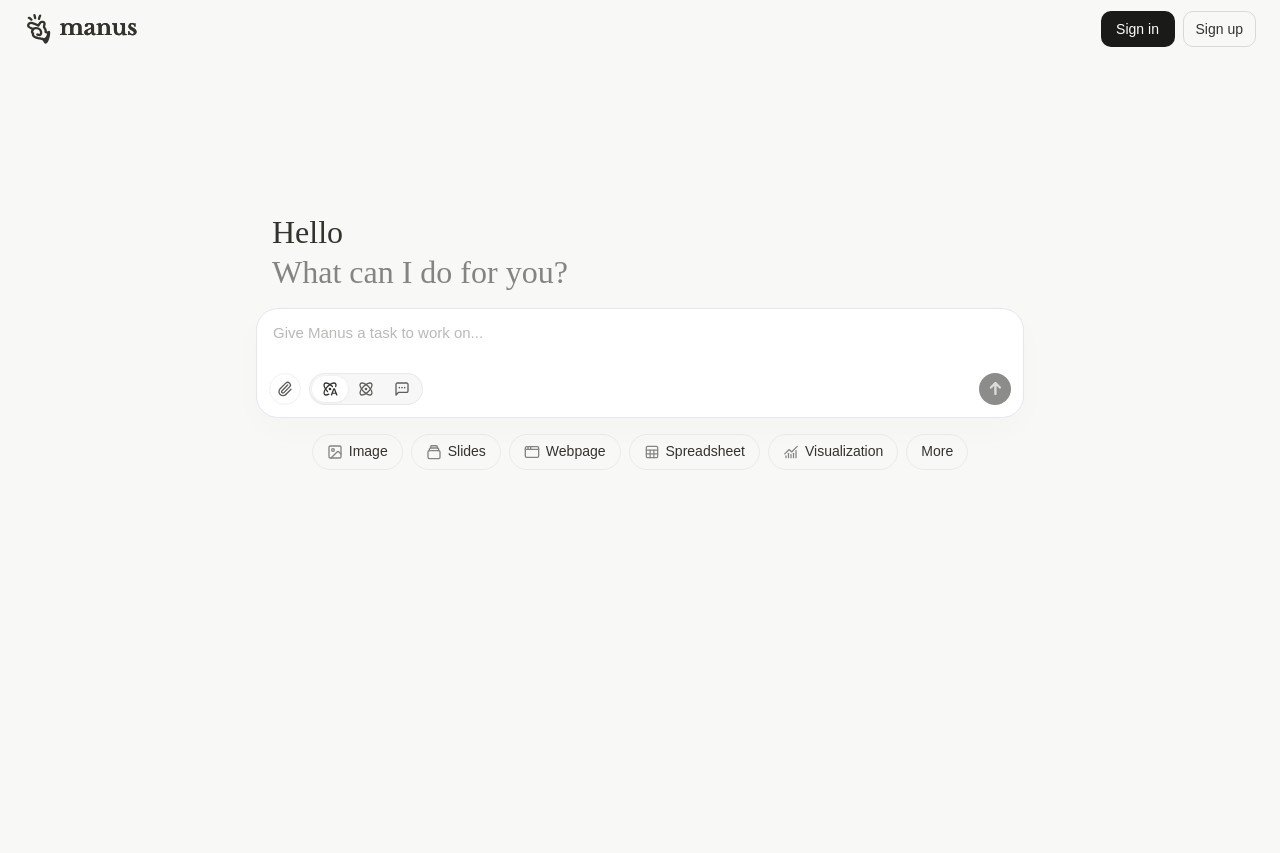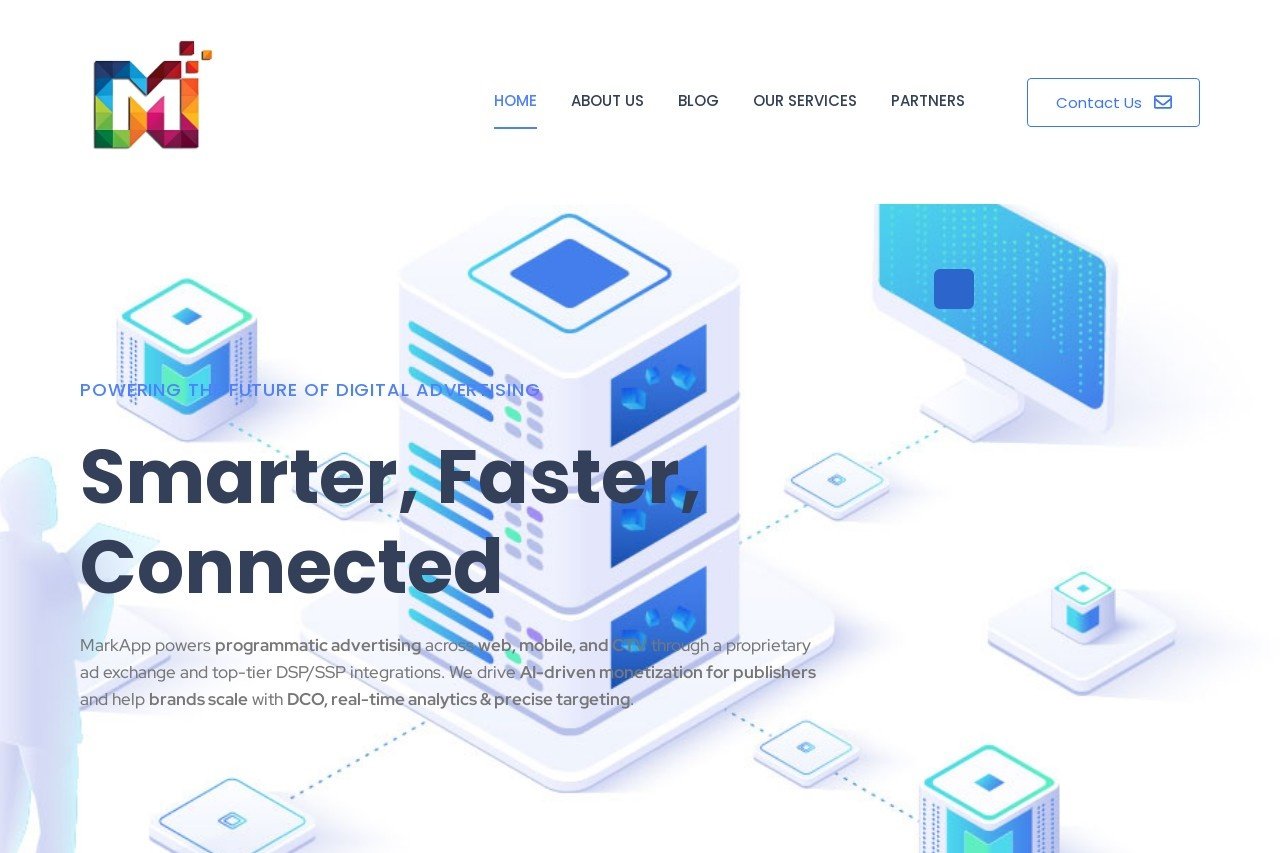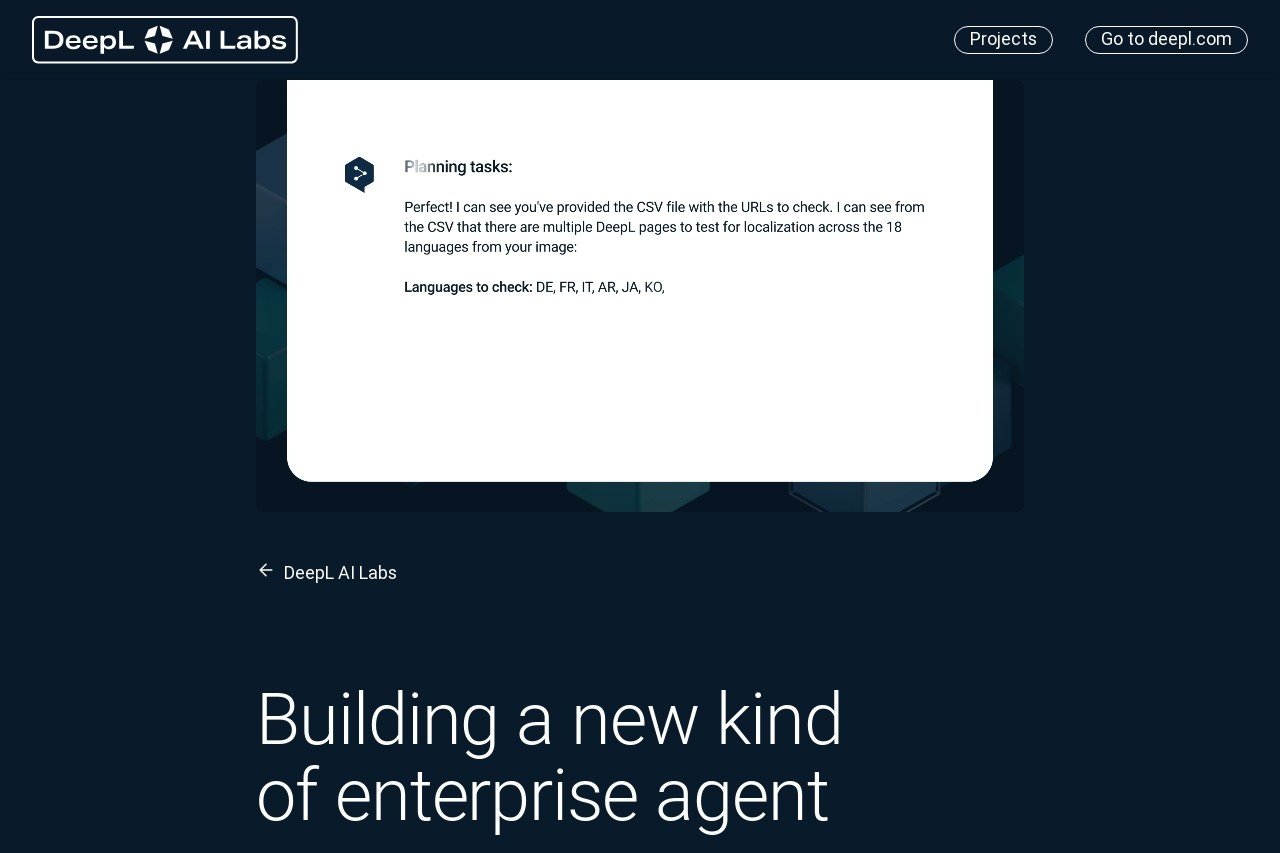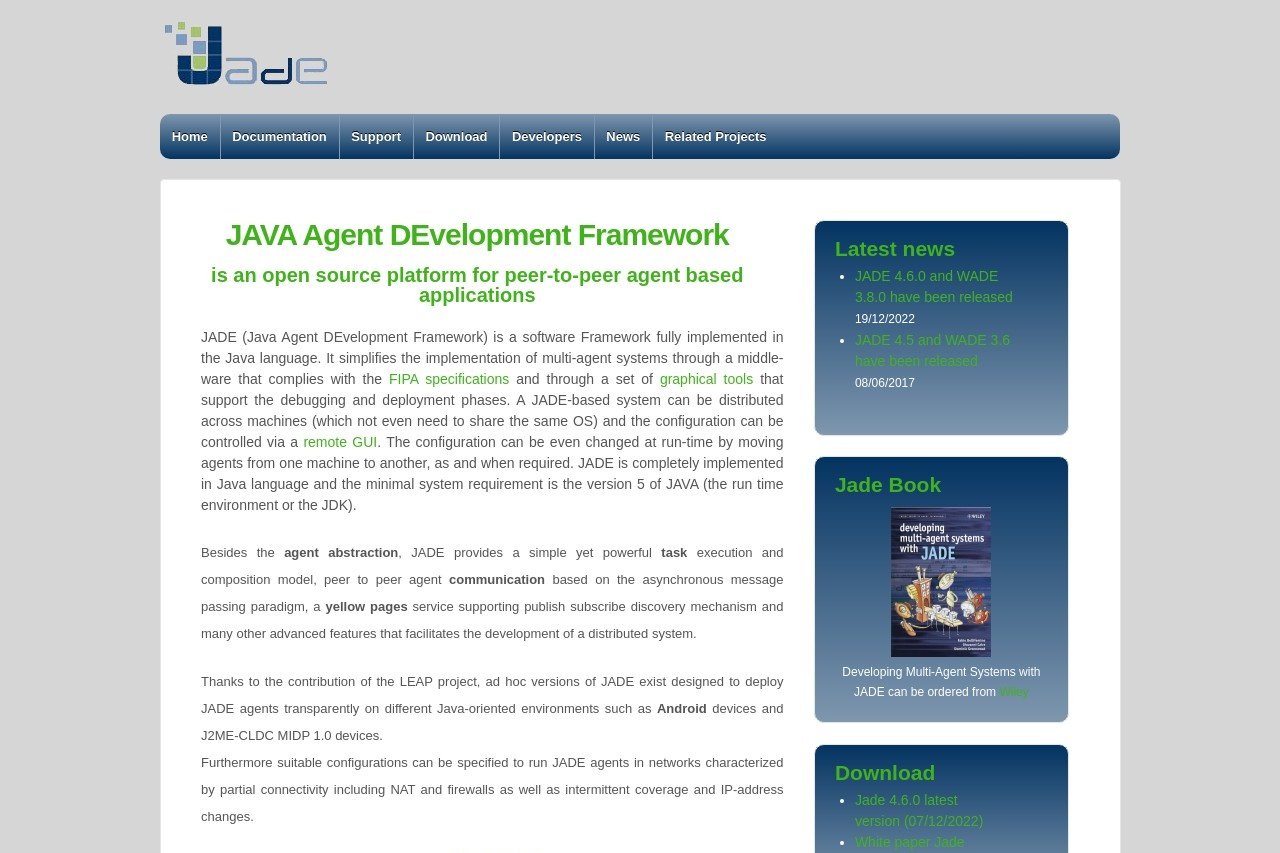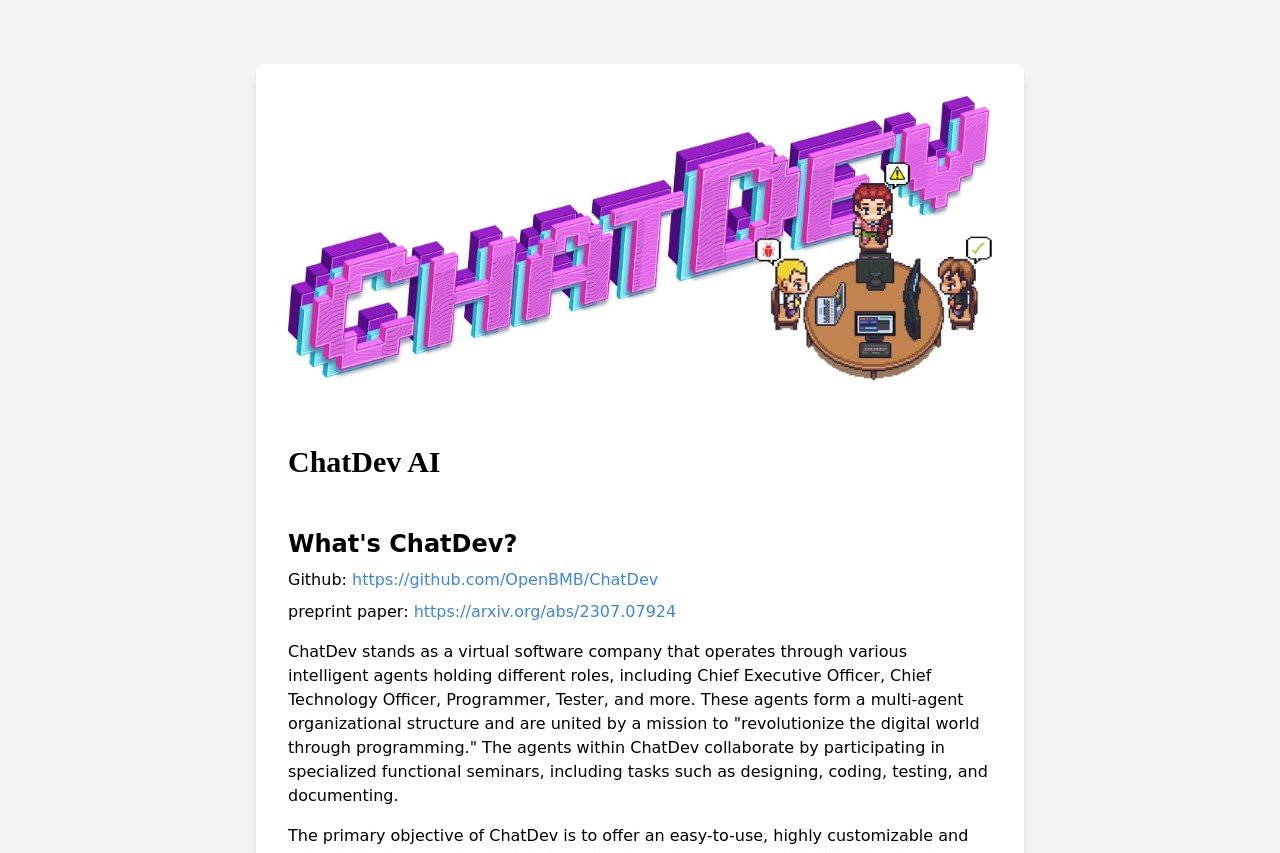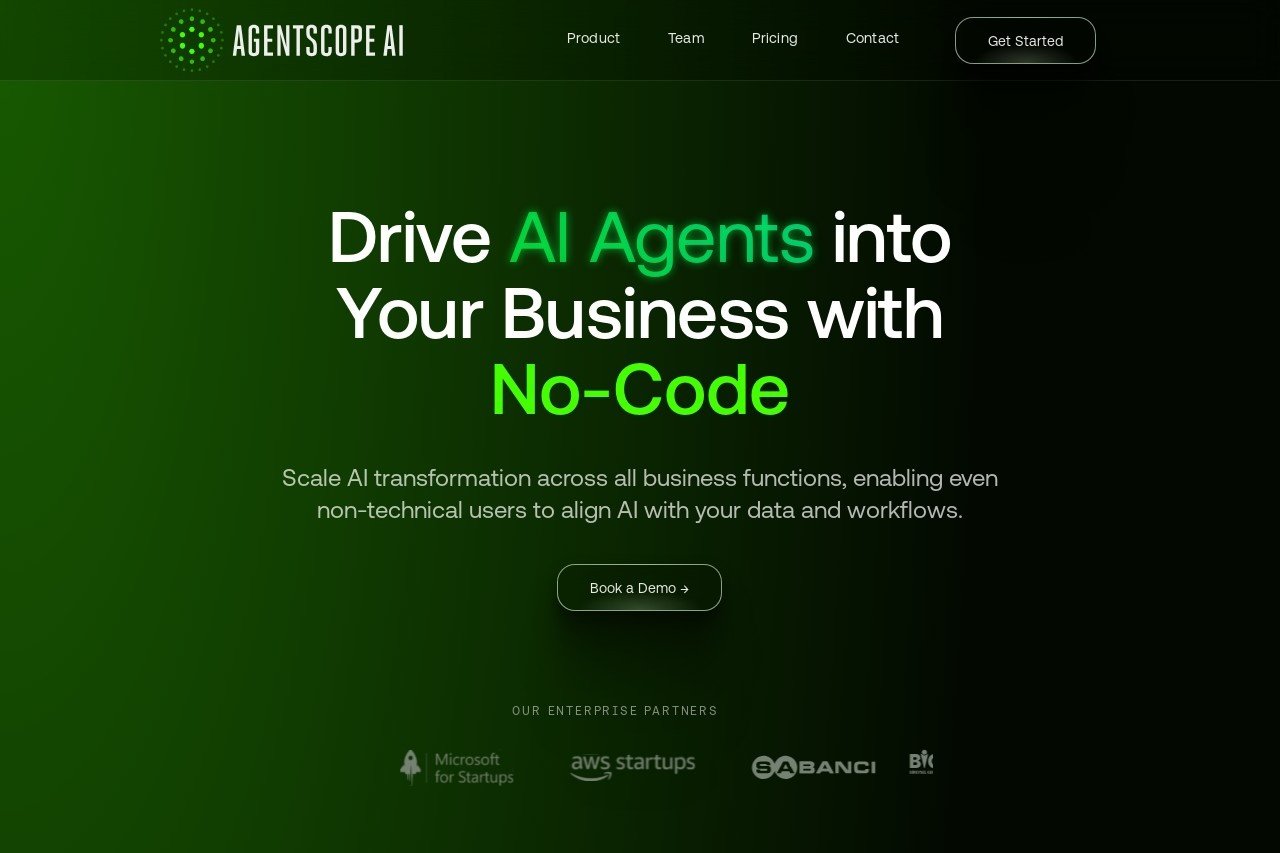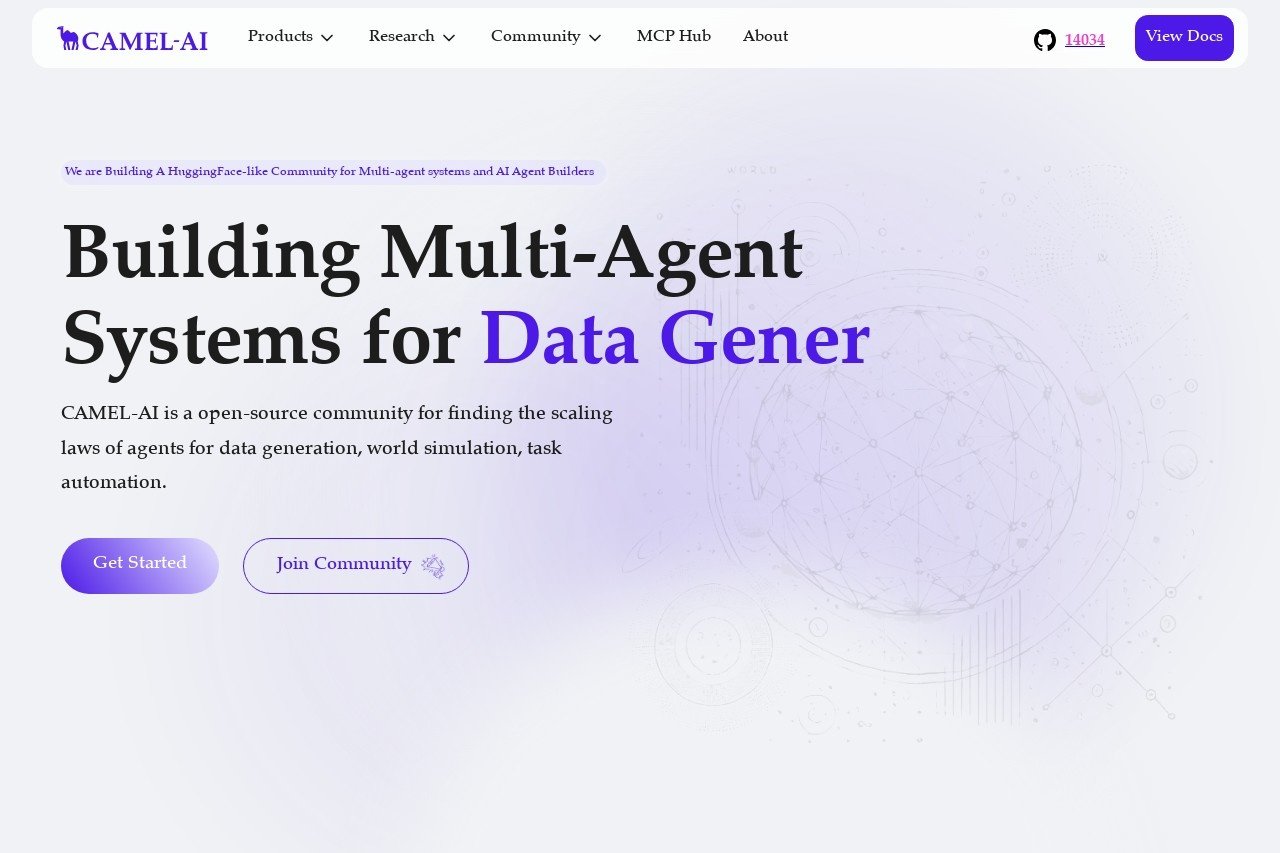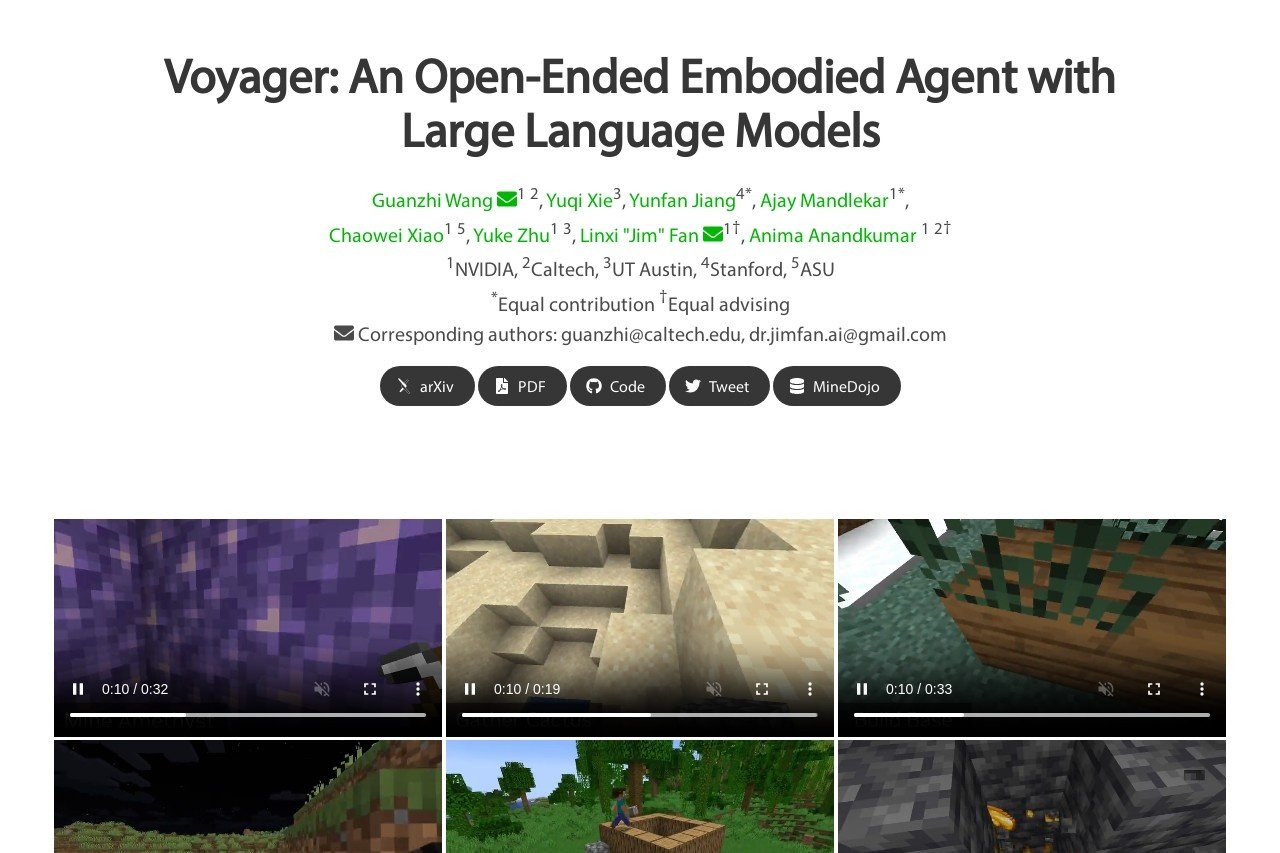
Voyager is an open-ended embodied agent powered by large language models for advanced AI interaction and exploration.
Voyager
Introduction
Voyager is a groundbreaking open-ended embodied agent driven by state-of-the-art large language models (LLMs). It represents a significant leap forward in artificial intelligence, designed to interact with, understand, and explore complex digital and simulated environments autonomously. Unlike traditional AI with limited, pre-defined tasks, Voyager continuously learns and improves its skills through self-directed discovery and experimentation.
Key Features
- Autonomous Exploration: Voyager can navigate and interact with open-world environments without human intervention, setting its own goals and developing strategies to achieve them.
- Continuous Learning: The agent builds an ever-growing library of skills and knowledge from its experiences, enabling it to tackle increasingly complex challenges over time.
- Advanced Language Grounding: It leverages the power of LLMs to understand natural language instructions, generate executable code for actions, and interpret the outcomes of its explorations.
- Iterative Self-Improvement: Voyager critiques its own performance, learns from mistakes, and proposes new plans to enhance its capabilities in a recursive loop.
Unique Advantages
Voyager's architecture offers several distinct advantages. Its ability to operate in an open-ended manner sets it apart from task-specific AI, making it a more general and adaptable intelligence. The system demonstrates remarkable skill in mastering new tasks, such as solving puzzles or navigating 3D worlds, with unprecedented efficiency and creativity. By combining the reasoning power of LLMs with embodied interaction, Voyager bridges the gap between theoretical knowledge and practical application in virtual spaces.
Ideal Users
Voyager is an invaluable tool for a diverse range of users. AI researchers and developers can utilize it to push the boundaries of autonomous agents and embodied AI. Educators and students in computer science can study its learning processes and architecture. Furthermore, tech enthusiasts and innovators looking to create next-generation interactive applications will find Voyager's capabilities inspiring for developing more intelligent and responsive systems.
Frequently Asked Questions
- What makes Voyager different from ChatGPT or other LLMs? While LLMs like ChatGPT are primarily conversational, Voyager uses its language understanding to perform actions and learn within interactive environments, embodying its intelligence.
- What environments can Voyager operate in? It is primarily designed for and tested in popular simulation platforms like Minecraft, but its conceptual framework is applicable to a wide range of virtual and potentially real-world environments.
- Is Voyager's code open source? Yes, as an open-ended project aimed at advancing the field, its research and often its code are made available to the public for collaboration and innovation.
